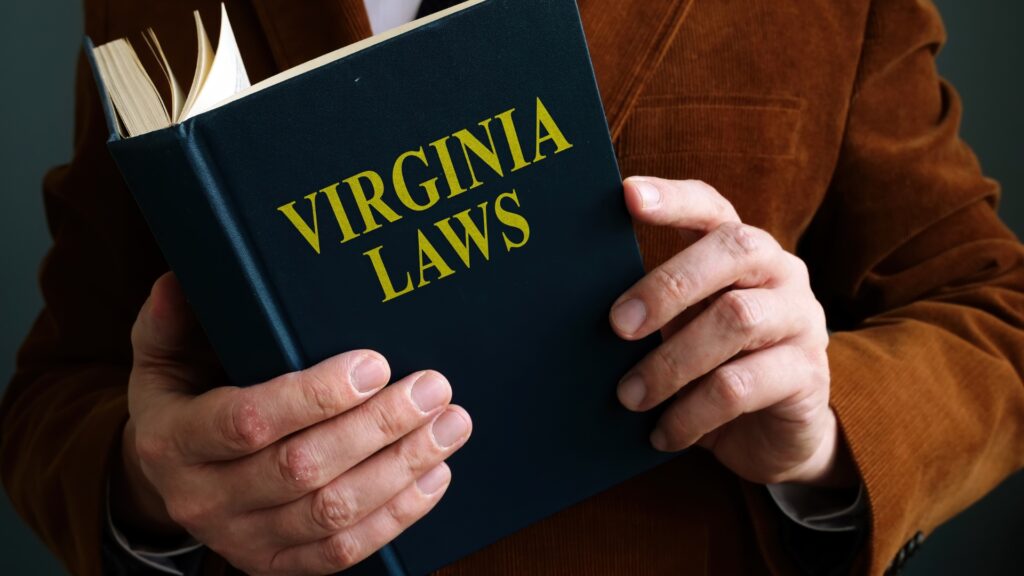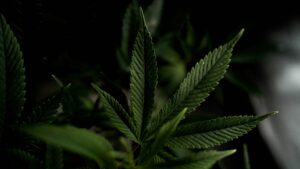Virginia is at a pivotal moment as a recent survey by Christopher Newport University’s Wason Center indicates that 58% of likely voters support the establishment of a recreational cannabis retail market. However, the realization of this potential multi-million dollar industry is contingent on the political dynamics, party affiliations, and the stance of Governor Glenn Youngkin. The survey sheds light on public sentiment, legislative efforts, economic opportunities, and the challenges that lie ahead for Virginia’s cannabis landscape.
Public Support and Fiscal Incentives
The survey underscores a significant level of public support for the creation of a recreational cannabis retail market in Virginia. The prospect of generating millions of dollars in tax revenue serves as a fiscal incentive, with estimates suggesting a potential income between $31 million and $308 million within the first five years of legalization. Democrats and Independents express stronger support (76% and 59%, respectively) compared to Republicans, indicating a political divide that may influence the path forward.
Top Virginia Senator’s Ultimatum
Virginia Senate President Pro Tempore Louis Lucas has hinted that her support for bringing professional sports teams to Alexandria may hinge on the passage of a marijuana legalization bill. In a social media post, Lucas expressed her desire for both sports stadiums and the recreational sale of marijuana, suggesting the need for compromises in the upcoming legislative session. The potential linkage between sports infrastructure and cannabis legislation raises eyebrows and highlights the evolving intersection of sports and marijuana politics.
Lucas has been a longstanding advocate for marijuana legalization, and with Democrats now holding majorities in both the House and Senate, there is renewed optimism for progress on cannabis legislation. Senator Adam Ebbin, a key figure in the state’s 2021 legalization law, expresses confidence in sending a marijuana sales bill to Governor Glenn Youngkin. However, challenges lie in building bipartisan support to avoid a potential gubernatorial veto. The political landscape underscores the complexity of navigating social equity concerns and gubernatorial reluctance in the pursuit of legalizing recreational cannabis sales in Virginia.
Economic Benefits and Lessons from Other States
Proponents of recreational cannabis legalization point to success stories from other states, notably Colorado, which has generated over $2.5 billion in tax revenue since 2014. The economic benefits extend to local and state governments, public school funds, and targeted programs, showcasing the potential windfall for Virginia if a retail market is established. However, critics, including Del. Bobby Orrock, R-Spotsylvania, expressed skepticism, citing concerns about increased black market activity due to taxation.
Virginia’s Next Steps
Virginia stands at a crossroads as it navigates the complexities surrounding recreational cannabis legalization. The majority of voters express support, but the intricacies of politics, taxation, and generational perspectives create a landscape where challenges must be addressed. The coming years will reveal whether Virginia embraces a legalized recreational cannabis market or faces further obstacles in its pursuit, setting the stage for a critical juncture in the state’s cannabis landscape.






